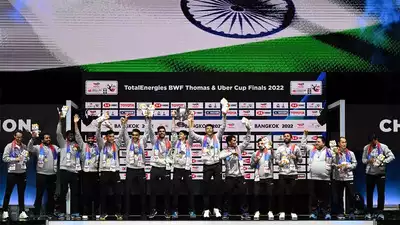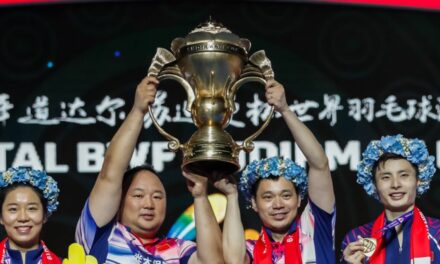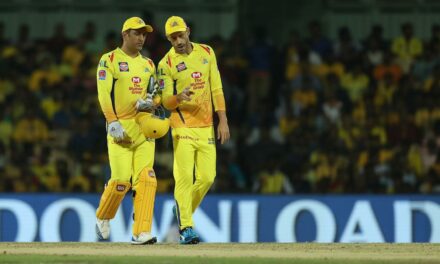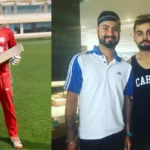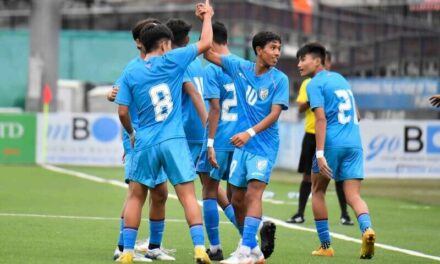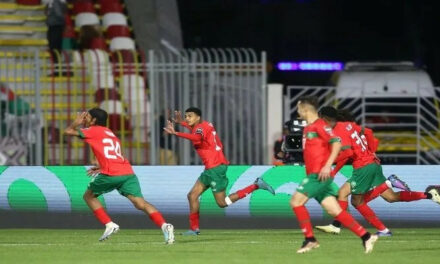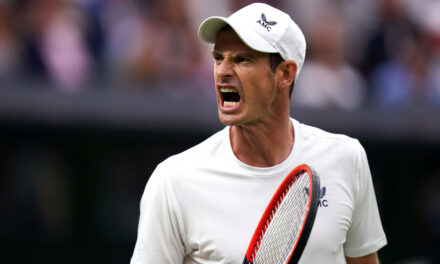
Reaching the Euro 2020 final: one giant step for Italy coach Mancini
After the final group match of Italy against Wales at the Olympic stadium, they began to chant “Notti Magiche”, or” magic nights”, the anthem of the 1990 World Cup. This made the Italian Roberto Mancini emotional.
Tears trickling down his face, words stuck in his tongue, he applauded the crowd, before he told a panting interviewer of a local television channel: “It brought us back a few years when we were all younger and we felt an extraordinary love for the national team.
It also filled me with a sense of regret—why did not we win then? We deserved to.”
Mancini loves talking about regrets. Before his first game at Wembley, he talked about his regrets at the fabled ground. The Champions League final in 1992, when Sampdoria’s fairytale marathon ended cruelly in the 112th minute against the Barcelona of Johan Cruyff and Pep Guardiola.
And then the FA Cup final of 2013, his farewell as Manchester City coach dramatically spoiled by Wigan Athletic.
But Mancini’s debilitating regret remains his unfulfilled, unconsummated career with the country.
From making his debut in 1984 as a twinkle-toed 19-year-old forward to ending his career in 10 years, featuring in only 36 games, scoring just four goals, a body of work that betrays his smouldering talents.
It’s the story of two exiles. The first came in 1984 when he spent an entire night with a couple of his teammates in a pub in New York, which angered coach Enzo Bearzot. At the breakfast table, he gave him the “worst bollocking of his life.
“He called me every name under the sun, and said he wouldn’t be calling me up again. Not even if I scored 40 goals in the league,” he recounted to Italian journalist Paolo Condo in a television interview. The teenager from Yezi, a small town, 20 miles inland on the Adriatic coast, the son of a furniture maker, had been carried away by the glitz of the Big Apple.
Bearzot’s successor Azeglio Vicini offered him a second chance. He accepted it with both hands, scoring four goals in the 1988 European Championship. But with the spectacular rise of Roberto Baggio, his appearances became sporadic.
And after being swapped at half-time with Gianfranco Zola, whose name the crowd was chanting during a friendly before the 1994 World Cup, Mancini barged into then-coach Arrigo Sacchi’s room and fumed: “Don’t call me up ever again. I’m done with the national team.”
But Mancini is grateful for the second chance.
“I want to win as a coach the thing that I did not win as a footballer: a World Cup,” he had told an Italian newspaper even before he became his country’s coach. Or as he emphasised when accepting the role as Italy’s manager, that he wants “a rebirth”. He’s one step away from rebirth, Notti Magiche and Wembley retribution.
Man for the job
Even months before he was chosen the coach of Italy, Mancini had made his desire to coach the national team apparent. In a discreet snide at Antonio Conte, who had left Italy after 2016 Euro saying he missed the kick of round-the-year football, Mancini said he didn’t mind a 40-day-an-year job. “Rather, I will be most honoured.”
Then just a month before the 2018 World Cup, the first Italy missed in 60 years, former Italian defender Alessandro Costacurta, one of the high commissioners of the committee set by the Italian Olympic Committee to review the failure, had a meeting with Mancini. Costacurta asked him if he could not only resurrect the soul of Italian football, but also develop a progressive style of play. Mancini replied: “You’ve come to the right man.”
His bullish and autocratic tendencies that triggered his expulsion from Inter Milan had his critics wondering at the wisdom of the decision.
But for all his flaws, Costacurta knew Mancini was a proud Italian and had unfulfilled business with the national team.
By now, Mancini too had learned from his mistakes and missteps of his managerial career. He became more tactful with the players. His approach, as ever, was pragmatic, as opposed to the streak of idealism that marked his footballing peak.
Born from pragmatism
Even the expansive nature of his Italian team was born from pragmatism.
He travelled around the country to spot his best-attacking players. The backline was more or less settled (though he added depth), but the frontline less so. He soon realised that the best of Italian players, like Lorenzo Insigne and Federico Chiesa, prospered in wide positions.
The next year was about methodical experimenting with different players and different systems.
His team constantly kept in touch with local scouts and even journalists, read and watched footage of even unknown players, who were then catapulted to the national team.
He called up Nicolo Zaniolo (who was injured for the Euros) before he had played a single game for Roma, rehabilitated the mercurial Mario Balotelli and helped reclaim the battered morale of several players including full-back Leonardo Spinazzola’s.
As many as 32 debuted for Mancini and 76 others have played in 36 games so far for him. Of them, many came from the outlier clubs like Verona and Spezia.
It’s Mancini’s former teammate Gianluca Vialli, back from 17 months of battling pancreatic cancer, who hands out jerseys to the debutants with the profound message: “A player only gets one of these blue shirts on loan. You have to drench it in sweat and then hand it back in better condition than you found it.”
Mancini could resonate with these lines, and this time, unlike the last, he could unregretfully say that he can hand back the grey Armani seersucker blazer in better condition than he found it.
Live on: Euro final; 12:30 am (Monday).

